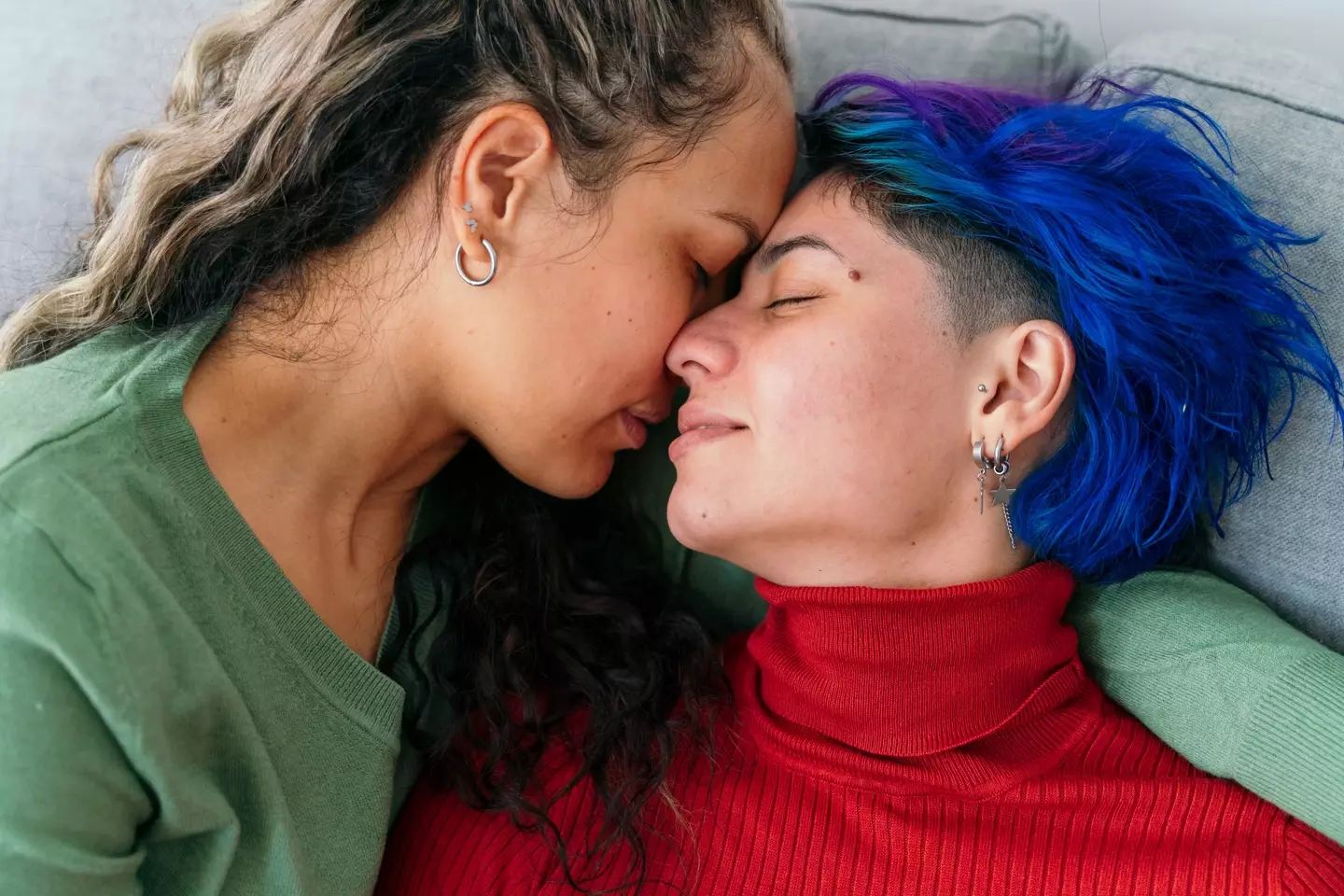Individuals have begun to recognize themselves as ‘androsexual’, a term that signifies attraction to certain traits in people.
The spectrum of human sexuality is vast, with countless ways to experience attraction. Language and terminology often play a vital role in expressing these feelings and attractions.
Historically, terms that are now well-known, such as homosexual or non-binary, were not part of the common vernacular.
This does not imply that there weren’t people who today might identify as gay or non-binary, but rather that they described their identities differently.
So, what exactly does ‘androsexual’ mean, why are more individuals identifying with it, and how does it serve as a beneficial term?

If you have some knowledge of Greek, you might recognize ‘andro-‘ as relating to masculinity, and that would be correct.
‘Androsexual’ refers to an attraction to masculinity, regardless of who embodies it.
One might question why not simply state an attraction to men?
Being androsexual means an attraction to masculinity but not necessarily to men.
For instance, a lesbian or bi woman might be especially attracted to women who have masculine traits.
Similarly, someone who is pansexual may be drawn to individuals of any gender identity but find masculine-presenting people more appealing, whether they are women, men, or non-binary individuals.
Even a straight man might find himself attracted to more masculine women but not to men.

The term is valuable as it differentiates attraction to masculinity from attraction to men.
One person identifying as androsexual shared on Reddit: “I’m agender and AFAB [assigned female at birth] so it feels weird to say I’m heterosexual so there aren’t really any better words to describe my sexual identity (I’m attracted to cis/trans men/male presenting enbys [non-binary people]).”
Another echoed: “I also am attracted to men and masculine enbies and I use it because it’s what describes my attraction the best, even if my attraction doesn’t perfectly fit any of the definition.”
For those who are non-binary or gender-fluid, the term is helpful as it acknowledges that their gender identity can fluctuate.
Identifying as non-binary or gender-fluid can complicate understanding one’s sexuality. How can one be gay if gender identity shifts between man, woman, or neither?
Thus, for some, describing attraction based on masculinity or femininity instead of men or women can be clarifying.
Of course, this doesn’t preclude someone from being non-binary and identifying as straight or gay—individual experiences vary, and personal identity is deeply individual.
The term androsexual is beneficial for those who are drawn to masculinity but not necessarily to men.
And if a term helps someone articulate their feelings, it is undoubtedly a valuable addition to language!

